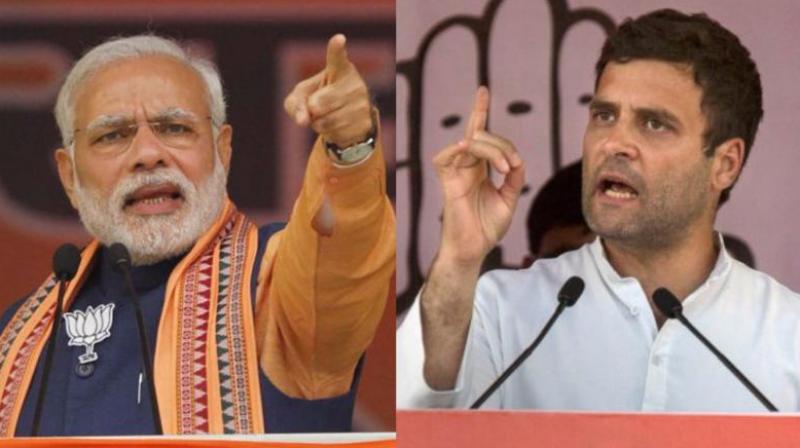Caste still being used for electoral gains

Jagjivan Ram, a stalwart Congressman who found a place in every government until he lived, came from a poor dalit background. But he had a distaste for being thus categorised. When a journalist asked a question, prefacing it by calling him a “harijan” leader, the top politician shot back angrily: “I am a national leader, not a caste leader!” That’s a part of a glorious past of an incipient democracy in which the agency of the individual was still sought to be privileged, rather than that of communal or caste affiliation. Alas, the manner in which we have cruised on the democratic road, the healthy old past that recalls the Jagjivan Ram spirit may well be lost for good. These days even leading individuals clamour to play the caste card in order to extract electoral or political advantage. In Bihar, Ram’s home state, chief minister Nitish Kumar has asked for the caste census to be revived.
In Solapur district in Maharashtra earlier this week, Prime Minister Narendra Modi loudly proclaimed his “backward caste” status, the louder to attack Congress leader Rahul Gandhi who, Mr Modi harangued at Solapur, had attacked “all the backward caste” people as “chor” or thief. This does not stand scrutiny. Mr Gandhi has indeed run the campaign of “Chowkidar Chor Hai”, but there has never been the smallest suggestion that “backward caste” folks are “chors” or thieves, as Mr Modi insinuates. In the “chowkidar” jibe, Mr Gandhi does of course mean the leader of the government — in the institutional and metaphoric sense — in the context of the Rafale controversy in which the government appears to have scored one own goal after another by seeming to obfuscate, rather than illuminate, especially since published defence ministry documents are raising uncomfortable questions, and details are getting to be known of the French making a huge tax exemption for Anil Ambani, the key Indian offset partner after the inking of the Rafale deal. This is an entirely valid criticism in democratic discourse, especially at election time, and cannot attract the charge of defamation, which arises from unsubstantiated personal vilification. Nevertheless, the Congress leader would be better off not plumbing to low depths, even unintentionally.
Mr Gandhi had once asked — on the subject of the fleeing of Nirav Modi and Lalit Modi — why every crook running away had the last name “Modi”. This was certainly intended to wound the Prime Minister, but can also upset those who carry that surname, although by no stretch of the imagination does it signify an attack on all so-called backward caste people or on those with the name Modi, as has been suggested. Still, Mr Gandhi ought to acknowledge his rhetorical mistake. That said, after “nationalism”, the PM has sheltered behind caste, although his government’s policies have hurt the poorest castes the most, including the backward castes.

